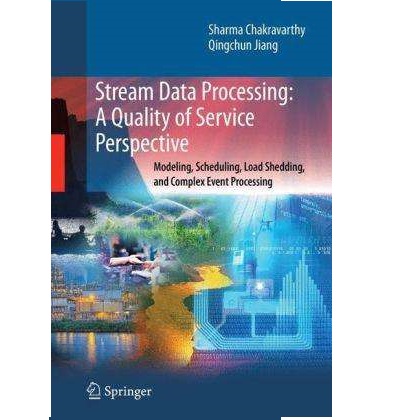With the constant increase of available data in various domains, such as the Internet of Things, Social Networks or Smart Cities, it has become fundamental that agents are able to process and reason with such data in real time. Whereas reasoning over time-annotated data with background knowledge may be challenging, due to the volume and velocity in which such data is being produced, such complex reasoning is necessary in scenarios where agents need to discover potential problems and this cannot be done with simple stream processing techniques. Stream Reasoners aim at bridging this gap between reasoning and stream processing and LASER is such a stream reasoner designed to analyse and perform complex reasoning over streams of data. It is based on LARS, a rule-based logical language extending Answer Set Programming, and it has shown better runtime results than other state-of-the-art stream reasoning systems. Nevertheless, for high levels of data throughput even LASER may be unable to compute answers in a timely fashion. In this paper, we study whether Convolutional and Recurrent Neural Networks, which have shown to be particularly well-suited for time series forecasting and classification, can be trained to approximate reasoning with LASER, so that agents can benefit from their high processing speed.
翻译:随着各种领域,如物联网、社会网络或智能城市的互联网等现有数据的不断增加,各代理商能够实时处理和解释这类数据就变得至关重要了。虽然对具有背景知识的有时间附加说明的数据进行推理可能具有挑战性,但由于生成这些数据的数量和速度,在各种代理商需要发现潜在问题,而无法用简单的流处理技术来做到这一点的情况下,这种复杂的推理是必要的。在本文中,流理性者的目的是缩小推理和流处理之间的这一差距,而LASER是用来分析和对数据流进行复杂推理的流体推理师。它以LARS为基础,这是基于规则的逻辑语言,扩展了“答案设置”方案,它比其他最先进的流推理系统显示出更好的运行时间结果。然而,对于高水平的数据通过量甚至LASER可能无法及时计算答案。我们研究的是,进进和复流网络是否能够与LASER进行精确的预测和分类,因此代理商能够从高速度的处理中受益。





